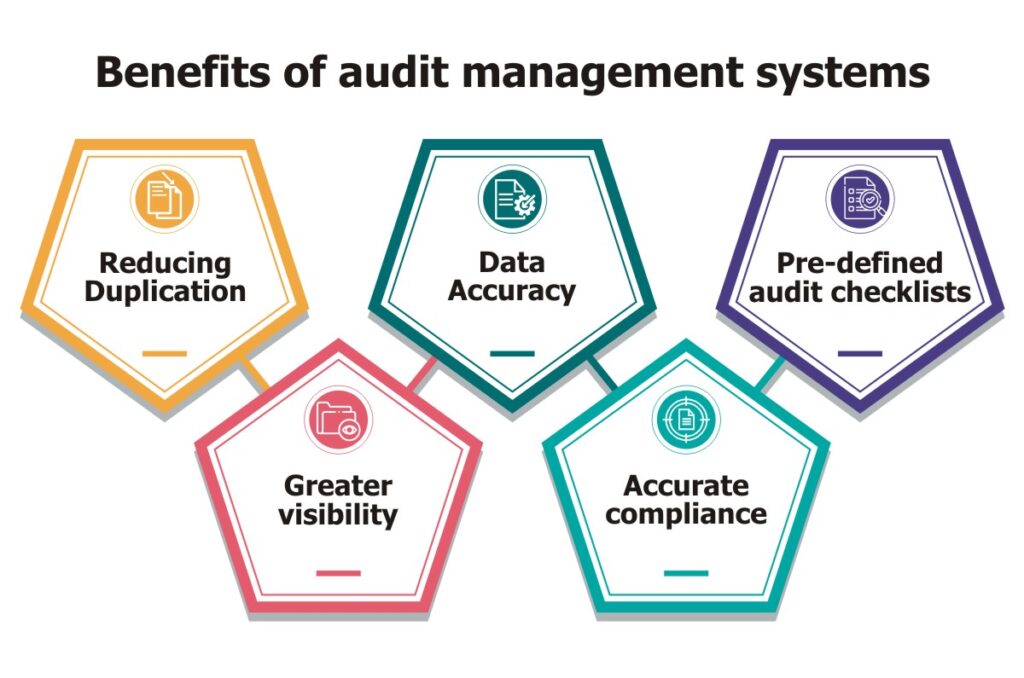@2021 invictIQ is a venture by Sprint Consultancy. All rights reserved. Privacy Policy.

Social Care Audit Remix - Drawing Inspiration from Unexpected Places!
by Mark Topps
I have long been an advocate for social care learning from other sectors, and it makes sense that this applies not just to the obvious things such as recruitment, retention, marketing etc, but also to how we audit. Innovation is how we stay ahead, how we evolve and naturally get better at what we do.
Looking beyond our own practice to ideas from other industries will only drive our approach in the right direction. Now, it is no secret, that I have worked in social care since I was 17, so other than a few other minimal experiences, this was not going to be a blog I could write without the insight from my good old friend ‘AI’!
I asked three different AI models about audits in social care and asked them to compare them to other industries and what the sector can learn. There were several key lessons which I would recommend everyone dives into, however I have chosen my top three:
Automotive Industry
In the automotive industry, quality control is not just a measure to ensure product safety, it is deeply ingrained in every aspect of the manufacturing process. From the assembly line to the final inspection, every step is meticulously monitored to uphold the highest standards of performance and reliability.
How social care audits can benefit:
- Standardised Procedures: like the automotive industry’s adherence to standardised procedures, social care audits can establish uniform protocols for assessing service delivery and set clear expectations and consistency.
- Regular Inspections: just as automotive manufacturers conduct regular inspections to identify and address potential issues, social care audits could incorporate routine site visits and performance evaluations. These inspections provide valuable opportunities to assess compliance with regulations, identify areas for improvement and address emerging challenges before they escalate.
- Continuous Improvement: the automotive industry is renowned for its commitment to continuous improvement through techniques such as Kaizen. Social care audits could adopt a similar methodology to foster a culture of innovation and excellence within their care organisation. By encouraging staff involvement in quality improvement initiatives and empowering frontline workers to suggest process enhancements, audits become a catalyst for positive change and organisational growth.
Hospitality
The hospitality industry is renowned for its unwavering dedication to customer satisfaction. From luxury hotels to cafes, businesses in this sector prioritise the needs and preferences of their guests above all else. Social care audits can borrow valuable insights from this customer-centric approach to enhance the quality of care provision for the people they support and we are seeing this is some of the care home chains. Just as satisfied guests are more likely to return to a favourite hotel or restaurant, individuals receiving high-quality care are more likely to experience improved outcomes and greater overall well-being.
How social care audits can benefit:
- Incorporating a greater emphasis on feedback and satisfaction surveys into social care audits can yield invaluable insights into the effectiveness of care services. By actively seeking input from the people we support, their families and representatives and our staff team we can gain a deeper understanding. This direct feedback loop enables us to identify areas for improvement and implement targeted interventions to address specific concerns. This area would also tie in nicely with the new CQC Single Assessment Framework where feedback is key.
- Adopting a hospitality mindset within social care settings can foster a culture of warmth, empathy, and personalised care. Just as hotels strive to anticipate the needs of their guests, care providers could proactively identify and meet the needs of individuals in their care. Whether it is accommodating dietary preferences, arranging recreational activities or providing emotional support, a focus on customer satisfaction ensures that care services are tailored to the individual preferences and circumstances of each people.
- Incorporating elements of hospitality into the physical environment of care facilities, care homes can create spaces that feel welcoming and comfortable. From cheerful decor and comfortable furnishings to thoughtful amenities and engaging activities, attention to detail can significantly enhance the overall experience of those receiving care.
Aerospace
The aerospace industry is renowned for its unwavering commitment to safety. From the manufacturing of aircraft to their operation and maintenance, every aspect is governed by stringent safety protocols and risk management practices. These protocols are not just regulatory requirements but embedded into the culture of the industry, ensuring the highest levels of safety and reliability.
How social care audits can benefit:
- Comprehensive Risk Assessments: in aerospace, every potential risk is meticulously assessed, from mechanical failures to human error. Similarly, social care audits could benefit from conducting comprehensive risk assessments to identify potential hazards, whether they be related to the health and safety of the people we support, staff training, or maintenance of our services. By proactively addressing these risks, audits can help mitigate potential harm and ensure a safer environment.
- Crisis Management Planning: aerospace companies develop detailed crisis management plans to address emergencies swiftly and effectively. Social care audits can borrow this approach by incorporating crisis management planning into their protocols. Providers could evaluate the adequacy of emergency response procedures, staff training on crisis interventions, and communication protocols for notifying relevant stakeholders during emergencies. By ensuring that care providers are well-prepared to respond to crises, audits can enhance the safety and well-being of the people we support.
- Investment in Training and Technology: aerospace companies invest heavily in training programs and technology to ensure that personnel are equipped with the knowledge and tools to maintain safety standards. Similarly, social care audits can advocate for investments in staff training on safety protocols and the adoption of technology solutions that enhance safety monitoring and communication. Whether it is training staff on proper lifting techniques to prevent injuries or investing in de-escalation/breakaway training so staff can protect themselves or implementing wearable devices for real-time tracking of vital signs, these initiatives can significantly improve safety outcomes in social care settings.
As we continue to navigate the complexities of social care provision, let us remain open to exploring and adapting ideas from various sectors. By leveraging best practices of other industries, we can create a more resilient, responsive and person-centred approach to social care audits, enhancing the well-being and quality of life for those we support.
MORE ARTICLES

Mark Topps is a social care leader who has worked in the care industry since 2004 and is currently working as a regional support manager. He regularly advocates, appearing on television, radio and podcasts and has started many campaigns for change in legislation and culture within the industry. Mark is the co-founder of The Caring View which is a social care podcast, YouTube show and free resource initiative for the sector. He also co-founded The Health and Social Care Club, which is an audio event hosted on LinkedIn. Mark is also the social media and marketing director at the National Association of Care and Support Workers.
Share
Sign up for our newsletter

